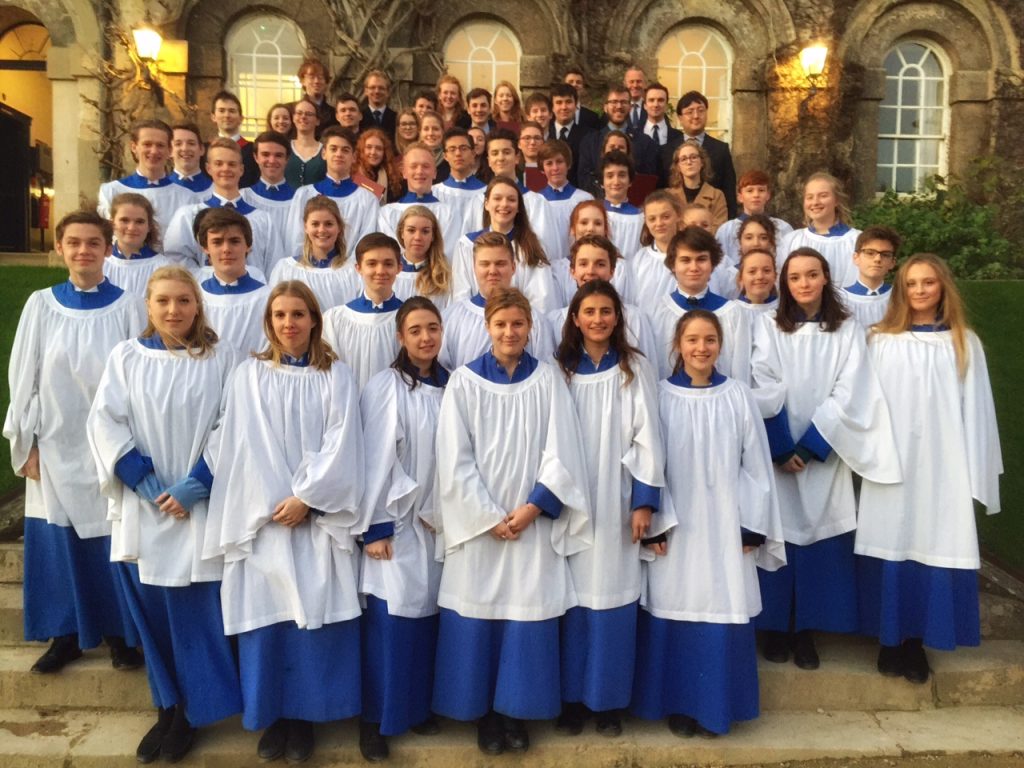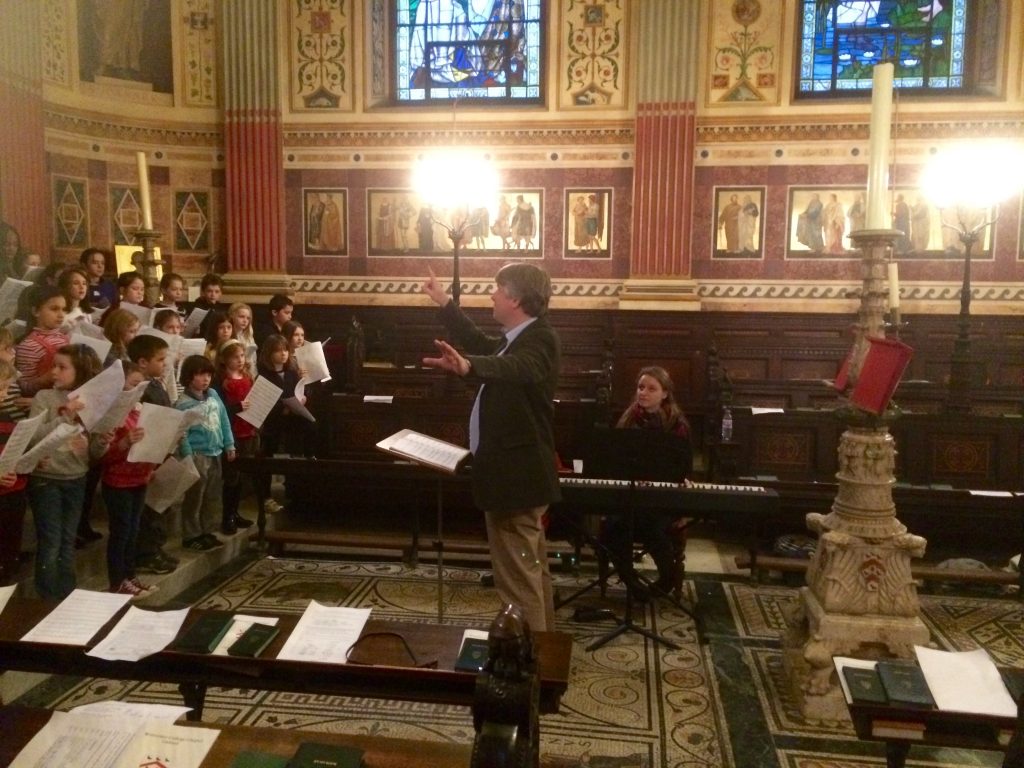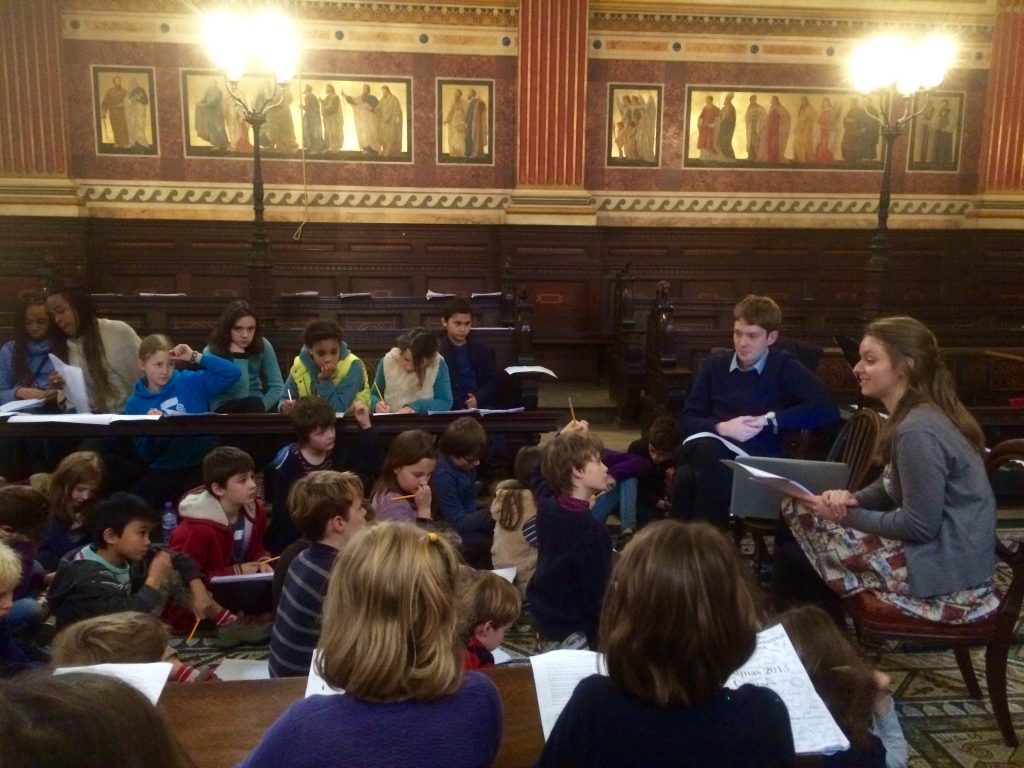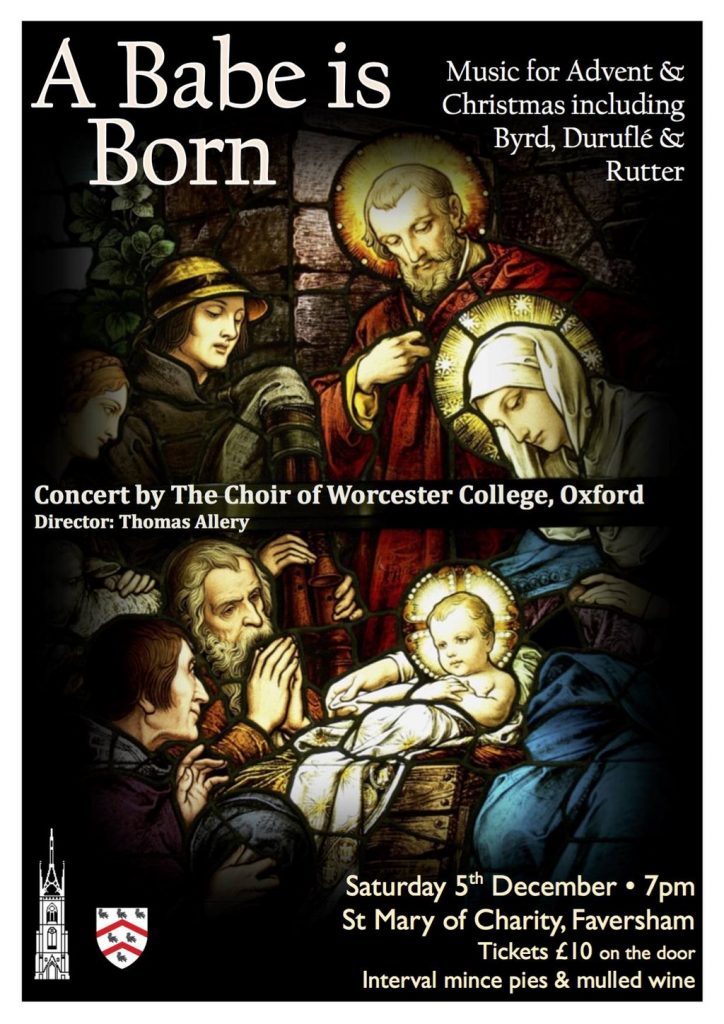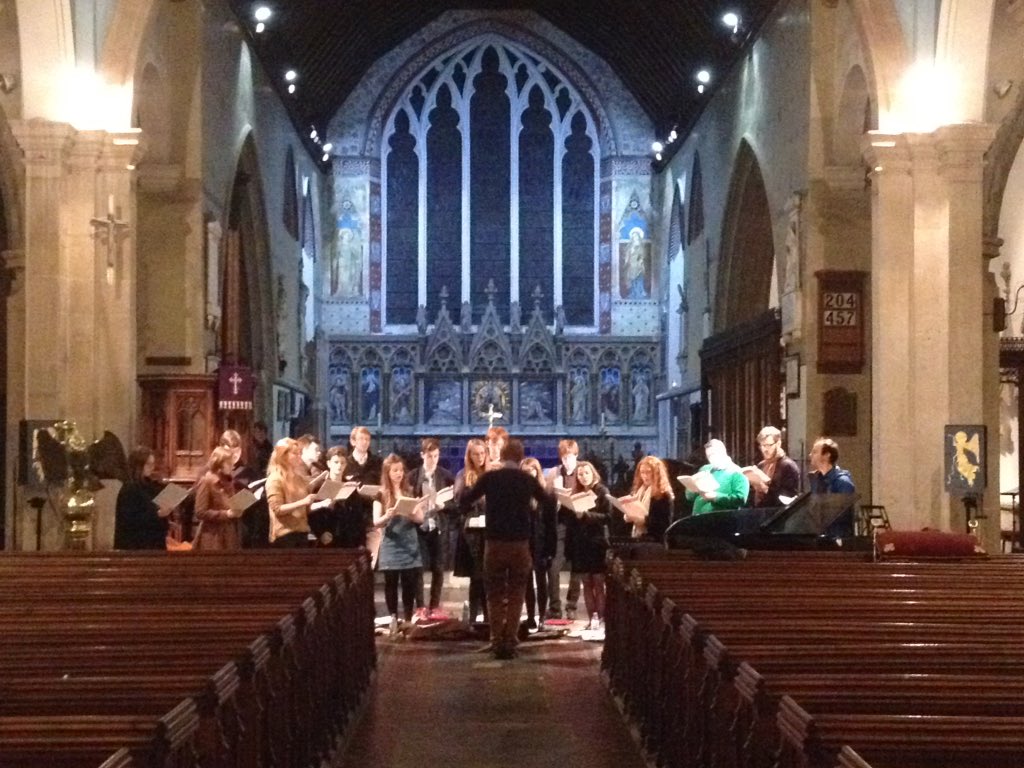Worcester College Oxford
8th May 2016
Sunday after the Ascension
The Dean of Westminster
I wonder what you thought last week when you heard that some parents had kept their 6 and 7 year olds off school for a day rather than taking them in to sit their SATS. Some sympathy? Memories of SATS past? The generation of undergraduates here must be amongst the most publicly examined of all generations in history.
On the other hand I am quite sure you love learning. And I am pretty sure that you love displaying your learning, in a suitably modest but authoritative fashion. So, it follows that the prospect of examinations in a few weeks’ time must fill those of you preparing for them with joyful anticipation. That must go for those setting and marking them as well.
Well, I know. It may not feel quite like that. I seem to remember facing examinations with a mixture of fear and confusion, of terror and of hope. But of course we face them; we get through them; we come out the other side, with pride and pleasure. That’s the hope; though I have to say that when I had sat my last public examination at the age of 26 before I was ordained I also had a sense of relief at the prospect of never having to sit an exam again. Of course, you then go on to the far more exacting and exciting test of making your own way free from constraints other than those you impose on yourself.
Constraint, fear and confusion, persistent terror and longing hope: that could I imagine be a description of the circumstances and feelings of our Lord’s apostles and close disciples in the days after the Ascension and before the gift of the Holy Spirit at Pentecost: the very days the Church invites us to contemplate and ponder today, as we move forward from the celebration of the Ascension of the Lord on Thursday and look towards the celebration of the gift of the Holy Spirit at Pentecost in one week’s time.
The apostles, with Mary the Mother of the Lord and some other women, remain incarcerated in the Upper Room, their place of safety in Jerusalem, the room where they had last sat in relative comfort with their teacher and master before the terrible events of his arrest, trial and crucifixion. Although they have ventured out at the Lord’s instruction, it seems that they have always returned to the safe place, still afraid for their lives, no doubt pondering the things they have witnessed, including the Lord’s resurrection appearances, turning over in their minds the Lord’s words and trying to extract some meaning from them.
So, the disciples wait, constrained, afraid and confused, but full of longing hope. They wait, although they will only be clear for what they are waiting if they remember the Lord’s words to them in his farewell discourses, ‘The Advocate, the Holy Spirit, whom the Father will send in my name, will teach you everything, and remind you of all that I have said to you. Peace I leave with you; my peace I give to you. I do not give to you as the world gives. Do not let your hearts be troubled, and do not let them be afraid.’ [John 14: 25-27] We wait too, during this brief interim period between the celebration of the Lord’s Ascension and the outpouring of the Holy Spirit at Pentecost.
But there is a far more profound sense in which we are waiting and continue to wait, in which we perhaps from time to time feel ourselves to be constrained, afraid and confused, though full of longing hope. At Easter the Church celebrates the gift of baptism into Christ and confirmation. Those who have been baptised have died to ourselves and risen from the deep waters to a new life in Christ. In confirmation we receive the gifts of the Holy Spirit: the gifts of wisdom and understanding, of counsel and might, of knowledge and of the fear of the Lord. And through these sacraments of initiation we are open to receiving the blessings of God’s grace in the sacrament of the Eucharist.
And yet…! And yet! Sometimes we feel very far from God himself. And if we are at all honest with ourselves, we know that we are far from what in our best moments we want to be, far from what in our best moments we suppose God wants us to be. A decision to follow Christ, to be his disciple, does not suddenly transform us from a person who thinks only of our own needs and desires – and devil take the hindmost – to the most loving and generous and un-self-conscious person who ever walked this earth. We need the gifts of grace, a daily fresh outpouring of the Holy Spirit transforming our lives, to free us from our obsession with ourselves, from our overwhelming urge for self-satisfaction, for self-fulfilment, and free us to place our own lives and our own wills at God’s disposal.
Full of longing hope, we wait. ‘We wait for thy loving kindness, O God, in the midst of thy temple.’ We wait for a full revelation of the power and the wonder and the beauty of God. That will surely come. As St Paul understood, ‘For now we see through a glass, darkly; but then face to face: now I know in part; but then shall I know even as also I am known.’
A powerful image in the book of Exodus is perhaps remembered by St Paul as he dictates those words. Moses wanted to know better the Lord who had led his people out of slavery in Egypt into the wilderness. He asked the Lord to show him his glory. ‘Show me your glory, I pray.’ God responded that Moses would not be able to see his face and live. But he should stand on a rock and God would cover him with his hand, while God’s glory passed by, and then take away his hand so that Moses could see his back.
A little later in the wilderness, when Moses went up the mountain to receive the Ten Commandments, he had such a strong and vivid encounter with the Lord that when he came down from the mountain his face was shining and he covered his face with a veil. He would take the veil off to talk with God and then cover his face again. Charles Wesley evoked this image in the last verse of his Ascension Day hymn, ‘Hail the day that sees him rise.’
Lord, though parted from our sight, far above the starry height, grant our hearts may thither rise, seeking thee above the skies. There we shall with thee remain, partners of thy endless reign, there thy face unclouded see, find our heaven of heavens in thee.
In the Incarnation, at Christmas, God united himself with our humanity. At the Ascension he took our humanity to the glory of heaven. God’s love for us, God’s engagement with us, will never tire, will never end. God is faithful. God is generous. God is kind. God is humble. God is long-suffering.
How can we know this? We cannot imagine what God is like. We cannot see God. We certainly cannot look on his face and live. But we can know who God is, we can know God, through God’s self-revelation in Jesus Christ. We see Jesus Christ fully engaged with our humanity, because he shares our humanity; we see Jesus Christ never tiring of doing good; we see Jesus Christ being faithful unto death; we see Jesus Christ acting generously; we see him being kind; we see his humility as we washes his disciples’ feet before the Last Supper; we see his long-suffering as he endures the arrest and trial, the mocking and scourging, the rejection, the sense of isolation from his Father as he bears the sins of the world on his back and as he dies on the cross. Thus he shows us what God is like, who God is. And his Ascension, where he takes our humanity to the glory of heaven, blazes a trail that we can follow, a path that takes us to our heavenly homeland.
Then we shall see God and we shall know God, just as God sees us and knows us. Then we shall see him face to face and we shall live in him. God himself is full of longing hope that we will persevere on our Christian journey, on the pilgrimage of life, and come to be fully one with him as the Father and the Son are one. Now we wait, as it were constrained here on earth, sometimes afraid and confused – but full of longing hope.
One day, in due time, we shall see God face to face and we shall shine with his radiance, transformed from glory to glory. In the meantime, we catch glimpses of the glory of heaven in its reflection here on earth, and day by day, in ways that are open to us and offered to us through the grace of the Holy Spirit, we serve God and the kingdom of God with and through our fellow human beings. There is much for us to do between now and then.


